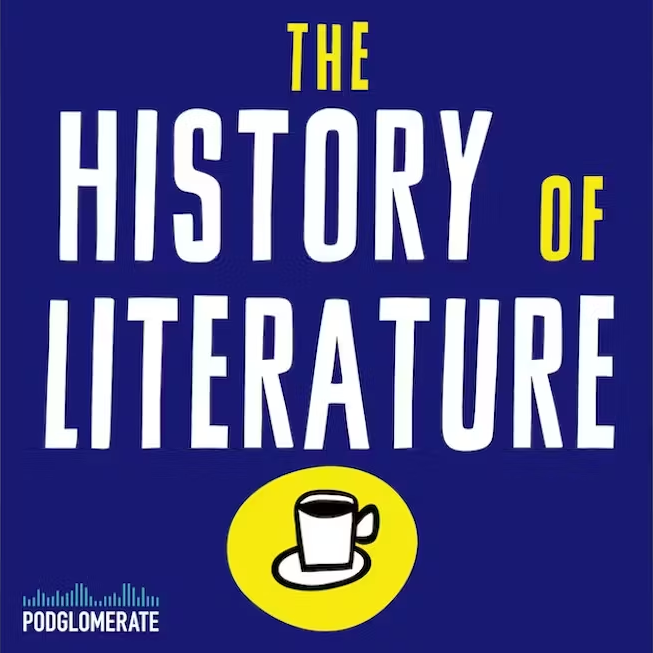It’s a great American success story. A Cuban immigrant flees Castro, makes a friend in the U.S., and the two of them promptly invest in some little-known tech companies that make them indescribably rich. AOL? Yep. Ebay? Yep. Microsoft in 1979? Yep. Not a bad track record!
What do they do with the money?
Vilar donated $50 million to the Kennedy Center in Washington, $45 million to the Metropolitan Opera in New York, $25 million to Covent Garden in England, $20 million to Valery Gergiev’s Kirov Orchestra in Russia, $10 million to Placido Domingo’s Los Angeles Opera and millions in donations to smaller ventures.
Oh, boy!
So what’s the problem? Isn’t making money via stocks an honest way to make a living? And giving it to charity – nothing wrong with that, right?
Well, the problem comes when you start opening up your shop as an investment adviser. Investing other people’s money. And…if you’re not exactly honest about how you’re going to invest it:
[According to the SEC,] Vilar and Tanaka, as well as other Amerindo employees, solicited clients to invest funds in GFRDAs [Guaranteed Fixed Rate Deposit Accounts], a product in which Amerindo guaranteed that investors would earn a fixed rate of return per year on their investment, and would receive their principal at maturity. Amerindo represented to investors that it would invest the majority of their funds in short-term debt instruments and invest the remaining portion of their funds in equities. After individuals and entities invested funds in the GFRDAs, however, Vilar, Tanaka and Amerindo failed to invest the funds in accordance with the representations to investors.
Really? So what did they invest in?
Rather, Vilar and Tanaka largely invested in equity securities, such as emerging technology and biotechnology stocks.
Uh-oh. We know what happened. The tech stocks in the early 2000s did not perform as well as Microsoft in 1979…
But even so – can we really blame these guys? Are they worthy of our Cheating America series? After all, they just tried to help others succeed in the way they succeeded. They got rich off tech stocks, so they thought they could help others get rich the same way. The market è mobile!
Except…
Moreover, especially during the post-2000 bear market, these equity investments did not perform well and Amerindo was often unable to pay GFRDA investors their promised returns, or to return investors’ principal at maturity. Consequently, when investors sought to redeem their GFRDAs, Amerindo generally either refused to honor redemption requests, or redeemed the GFRDAs with other investors’ funds taken from unrelated brokerage accounts in, for example, the name of AMI, ATGF and/or ATGF II.
Starting to sound like a Ponzi scheme…
And then this:
Additionally, the amended complaint alleges that Vilar, Tanaka and Amerindo defrauded investors who invested in two offshore hedge funds, ATGF and ATGF II. According to offering circulars, ATGF and ATGF II planned to invest in emerging growth companies. Rather than using investor funds solely to invest in such companies’ securities, however, Tanaka directed ATGF and ATGF II to transfer investor funds from the funds’ brokerage accounts to other accounts for Vilar’s and Tanaka’s own business and personal benefit.
D’oh! That’s no good, Amerindo! That’s cheating America! You funneled Grandma’s retirement money to help keep the lights on at the opera house. And we weep the tears of a clown…
Previous entries in our Who’s Cheating America? series:

Leave a comment